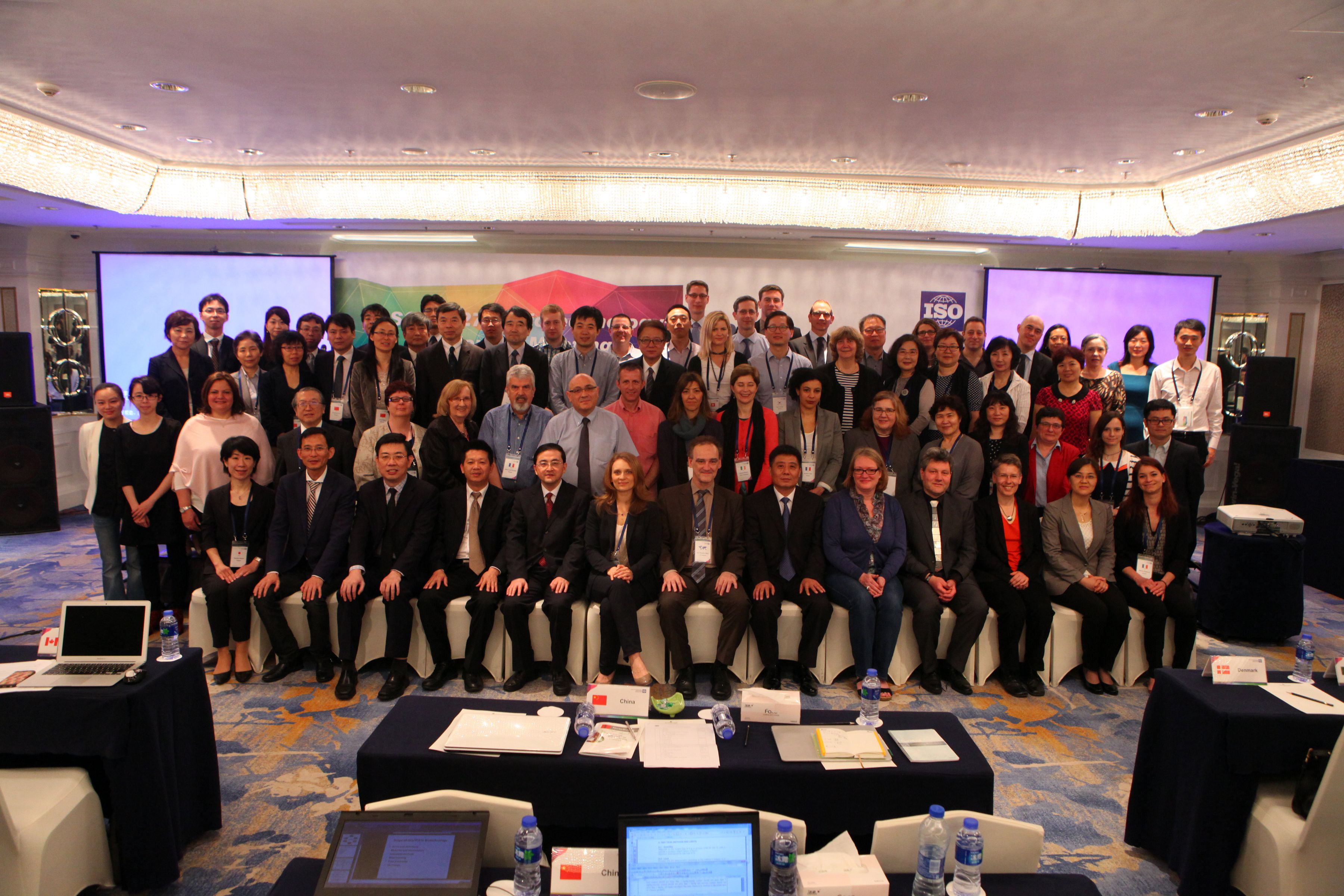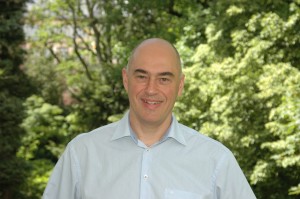Germany
May 21, 2015
Soruce: Heidelberger Institut für Theoretische Studien gGmbH
A new working group for data processing and integration in biotechnology has been set up by the International Organization for Standardization, ISO. The working group aims to define consistent standards for the formatting, transfer and integration of life science data and models. The working group will be led by Martin Golebiewski, a biochemist at the Heidelberg Institute for Theoretical Studies (HITS). Interested scientists are invited to participate.
Modern biotechnology is a rapidly growing field of research. Worldwide, numerous laboratories and research groups are producing huge amounts of data that they analyze with computers and then use to develop computational models. There are currently few generally binding standards for the laboratory experiments and the computer-aided processing of the results. ISO intends to change this by establishing standards for the formatting, transfer, and integration of the data and models generated by different methods. Such consistent standards would be of high value for industrial, agricultural, and medical applications.

The ISO Technical Committee ISO/TC 276 Biotechnology during the meeting in Shenzhen, China. (Photo: BGI)
During the last meeting in Shenzhen, China, the ISO Technical Committee ISO/TC 276 Biotechnology founded a new working group for „Data processing and integration“. The objective is to standardize interfaces between different data formats in order to facilitate the exchange and combination of data and computer models. With this aim, the committee will integrate “de facto” standards currently used in science.

Martin Golebiewski (pictured), from the Heidelberg Institute for Theoretical Studies (HITS), Germany, has been appointed convener of the new ISO working group. He is already coordinator of the German NORMSYS-Project which focuses on standardizing models and data in systems biology. The project is funded by the German Federal Ministry for Economic Affairs and Energy and is carried out in collaboration with the University of Potsdam and the Berlin-based start-up business LifeGlimmer GmbH, with the aim of bringing system biologists in academia and industry together to agree on standards. “The new ISO working group will help us to facilitate the transfer of scientific results into industrial applications by establishing international standards for data and computer models,” says Martin Golebiewski. “As the secretariat of this committee is at the German Institute for Standardization (DIN), and experts from Europe, Japan, the US and China have already joined it, this effort will strengthen the relationship between research initiatives in Germany and related efforts in other countries worldwide.”
Interested scientists are invited to participate in the initiative through their national committees. For further information, please send an email to martin.golebiewski@h-its.org or bjoern.hermes@din.de.
Für neue Normen in der Biotechnologie
Die Internationale Normungsorganisation ISO hat eine neue Arbeitsgruppe für Datenverarbeitung und Integration in der Biotechnologie gegründet. Unter der Leitung eines HITS-Wissenschaftlers will die Gruppe einheitliche Normen für Formatierung, Transfer und Integration von Daten und Modellen schaffen. Engagierte Wissenschaftler sind aufgerufen, sich zu beteiligen.
Die moderne Biotechnologie ist ein schnell wachsendes Fachgebiet, in dem weltweit zahlreiche Labore und Forschergruppen ungeheure Datenmengen produzieren, mit Hilfe des Computers auswerten und simulierbare Computermodelle entwickeln. Allgemeinverbindliche Normen und Spezifikationen für die Labormethoden und die anschließende computergestützte Verarbeitung der anfallenden Daten existieren bislang kaum. Die internationale Normungsorganisation ISO will das ändern: Sie will die Formatierung, den Datentransfer und die Integration der mit den unterschiedlichsten Methoden erzeugten Daten und Modelle vereinheitlichen. Denn einheitliche und aufeinander abgestimmte Normen sind von hohem Nutzen für Anwendungen in Industrie, Landwirtschaft und Medizin.
Deshalb gründete das ISO-Komitee ISO/TC 276 „Biotechnologie“ jetzt auf seiner Tagung in Shenzhen (China) eine neue Arbeitsgruppe für “Datenverarbeitung und Integration“. Ihr Ziel ist es, die Schnittstellen zwischen den unterschiedlichen Datenformaten zu normen, um die Daten und Computermodelle besser zusammenführen zu können. Dabei will das Gremium auch „de facto“ Standards einbinden, die direkt aus der Wissenschaft kommen. Martin Golebiewski vom Heidelberger Institut für Theoretische Studien (HITS) wurde zum Vorsitzenden dieses neuen ISO-Gremiums gewählt. Er ist bereits Koordinator für das deutsche NORMSYS-Projekt, das an der Standardisierung von Modellen und Daten in der Systembiologie arbeitet. Das vom Bundesministerium für Wirtschaft und Energie geförderte Projekt, an dem auch Partner an der Universität Potsdam und des Berliner Startup-Unternehmens LifeGlimmer GmbH beteiligt sind, will mit Unterstützung von Normungsorganisationen wie ISO eine Brücke zwischen Wissenschaftlern in der Systembiologie und der Industrie bauen.
„Mit der neuen Arbeitsgruppe bei ISO können wir helfen, durch die Entwicklung entsprechender internationaler Normen wissenschaftliche Ergebnisse besser in die Anwendung zu überführen“, so Martin Golebiewski. „Mit DIN als federführende Organisation und beteiligten Experten aus Europa, Japan, den USA und China verstärken wir die Bindung zwischen den globalen Anstrengungen der ISO und wissenschaftlichen Initiativen hier in Deutschland.“
Engagierte Wissenschaftler sind willkommen, sich an der Initiative über ihre nationalen Gremien zu beteiligen. Mehr Informationen und Kontakt: martin.golebiewski@h-its.org und Bjoern.Hermes@din.de